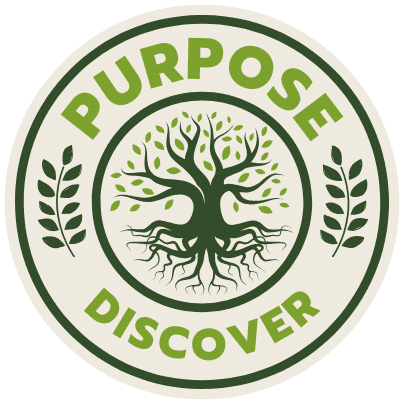You ever notice how the most purposeful people you know aren’t the ones burning the candle at both ends? They’re not the sleep-deprived hustlers bragging about their 80-hour workweeks. No, the ones who seem to really get life—who move with intention, who radiate quiet confidence—are often the ones who’ve mastered the art of rest. Not laziness, not escapism, but real, deliberate rest. The kind that fuels clarity instead of draining it.
Think about it: when was the last time you had a breakthrough idea while exhausted? Probably never. Your best insights arrive in the shower, on a walk, or right as you’re drifting off to sleep—moments when your brain finally gets permission to wander. That’s not a coincidence. Rest isn’t just about recovery; it’s where purpose finds room to breathe.
The Myth of Productivity as Purpose
We’ve been sold a lie that busyness equals meaning. If you’re not grinding, you’re wasting time, right? Wrong. Purpose isn’t something you stumble into by accident after logging enough overtime. It’s cultivated in the pauses, the gaps, the spaces where you’re not doing but being.
Ever met someone who’s always “on”? They’re exhausting to be around because they’re exhausting themselves. Constant motion leaves no room for reflection, and without reflection, purpose becomes a moving target you’ll never catch.
Why Your Brain Needs Downtime to Find Meaning
Science backs this up. Studies show that rest—actual rest, not just scrolling mindlessly—activates the brain’s default mode network. This is where creativity, self-reflection, and big-picture thinking live. It’s why you solve problems in your sleep or have epiphanies while staring out a train window.
But here’s the kicker: if you never slow down, you’re essentially locking your brain in a tiny, overstimulated cage. No wonder so many people feel adrift. They’re too busy to even ask what they want, let alone pursue it.
The Art of Rest (Yes, It’s a Skill)
Rest isn’t passive. It’s an active choice to step off the hamster wheel. And like any skill, it takes practice. Here’s how to do it right:
🔹 Sleep like it’s your job – Because it is. Chronic sleep deprivation shrinks your capacity for joy, creativity, and yes, purpose.
🔹 Walk without a podcast – Let your mind wander. Boredom is the birthplace of brilliance.
🔹 Schedule “nothing” time – Literally block it in your calendar. No chores, no emails, just you.
🔹 Learn to say no – Every “yes” to something trivial is a “no” to something meaningful.
The Link Between Rest and Self-Discovery
Here’s the beautiful part: when you rest, you start hearing yourself again. Not the voice that says “you should be doing more”—the one that whispers “this is who I am.” Purpose isn’t something you chase; it’s something you uncover. And you can’t uncover anything if you’re digging nonstop.
Ever notice how kids find magic in the mundane? A stick becomes a sword, a puddle becomes an ocean. They’re not distracted by to-do lists. They’re present. That’s the secret. Purpose thrives in presence, and presence requires rest.
The Cultural Shift We Need
We’ve normalized exhaustion like it’s a badge of honor. But what if we treated rest as the ultimate rebellion? A middle finger to a system that profits off our burnout? Imagine a world where people prioritized deep rest—not just to survive, but to thrive. Where “I’m taking a nap” was met with the same respect as “I’m in a meeting.”
It starts with you. Next time you feel guilty for resting, ask yourself: Who benefits from me believing I don’t deserve this? Spoiler: not you.
Final Thought: Rest as a Radical Act
Purpose isn’t found in the noise. It’s in the quiet moments when you’re not trying to be anything for anyone. So stop glorifying the grind. The most purposeful life isn’t the busiest—it’s the one where you’re awake, in every sense of the word.
Still unsure where to start? Check out this deep dive on aligning rest with purpose. Because if you’re going to chase anything, let it be a life that feels like yours.

